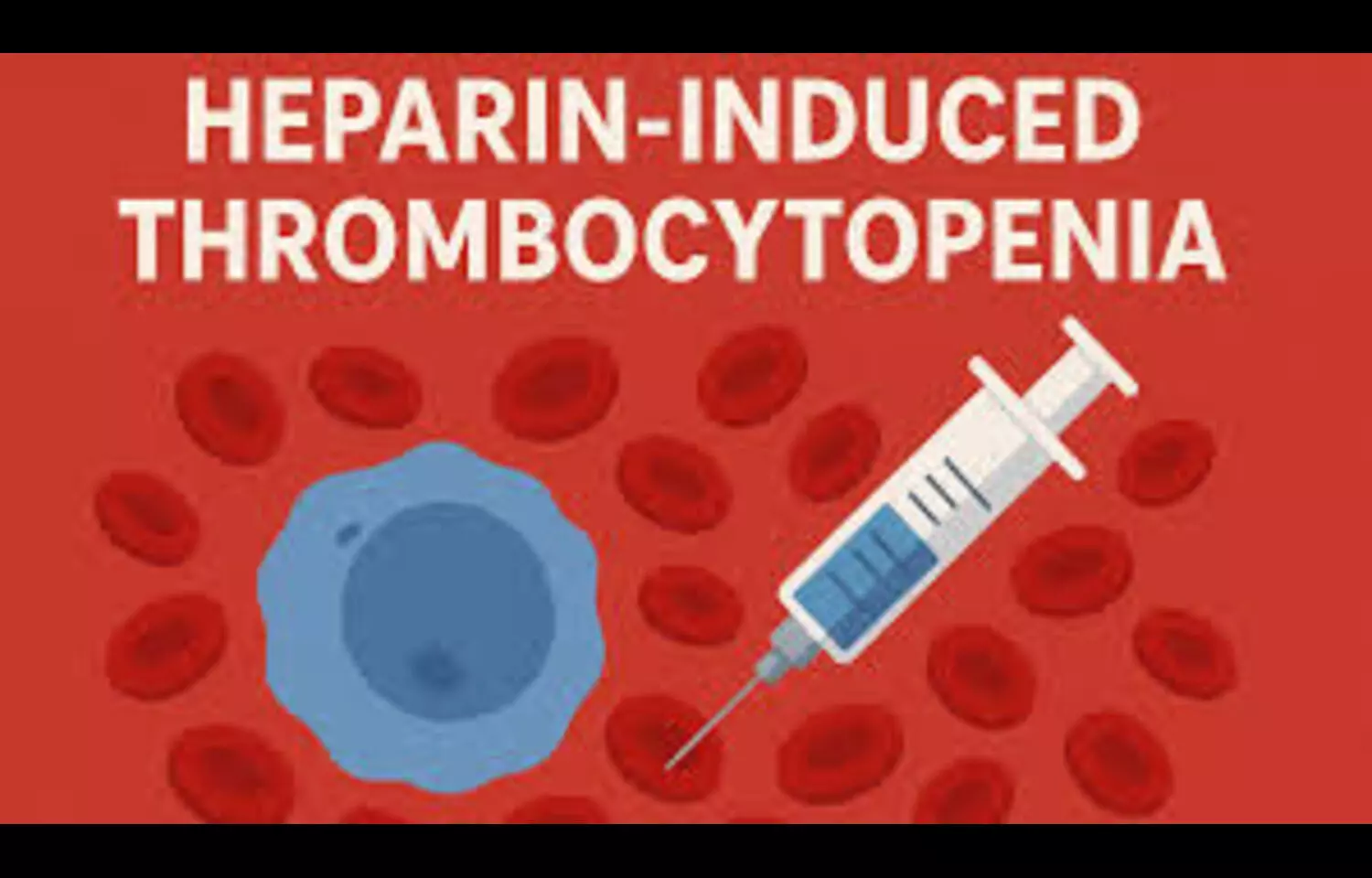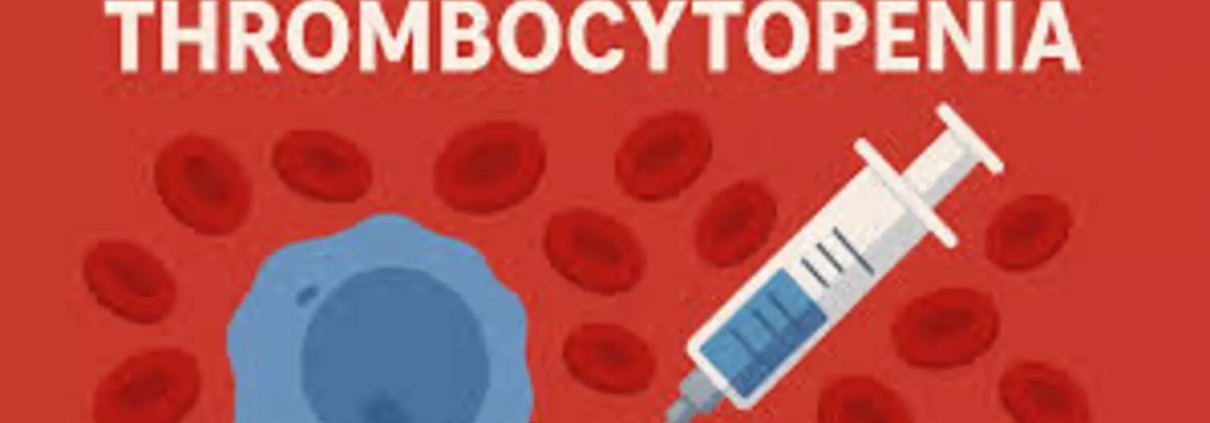Monoclonal Antibodies Drive Pathogenesis in Heparin-Induced Thrombocytopenia: NEJM

Heparin-induced thrombocytopenia (HIT) is a serious immune-mediated adverse effect of heparin therapy, characterised by thrombocytopenia and a high risk of thrombotic complications. Despite established clinical and laboratory diagnostic criteria, the precise immunopathogenesis of HIT remains incompletely understood. The identification of specific pathogenic antibodies could provide insights into disease mechanisms and guide the development of targeted diagnostic and therapeutic strategies.
A recent observational study evaluated nine patients with confirmed HIT to determine the presence, clonality, and pathogenic potential of heparin-dependent antibodies. Using advanced immunologic assays, researchers detected monoclonal antibodies in all patients, establishing a consistent link between these antibodies and HIT pathogenesis. Functional assays confirmed that these monoclonal antibodies were capable of activating platelets in a heparin-dependent manner, directly contributing to the thrombotic phenotype observed clinically. The study highlights that HIT may not be driven by polyclonal antibody responses, as previously thought, but rather by the action of specific monoclonal pathogenic antibodies. This discovery has multiple clinical implications. First, detection of monoclonal HIT antibodies may allow for earlier and more precise diagnosis, improving patient management and reducing the risk of thrombotic complications. Second, the identification of a monoclonal antibody target offers a potential avenue for developing targeted therapies that neutralize pathogenic antibodies without broadly suppressing immune function. Finally, these findings may inform risk stratification, helping clinicians identify patients at higher likelihood of severe HIT-related outcomes. Overall, this research advances the understanding of HIT immunopathogenesis and provides a foundation for the next generation of diagnostic and therapeutic approaches. The findings support further exploration into monoclonal antibody-targeted strategies, which could transform the clinical management of this high-risk condition and reduce morbidity associated with heparin therapy.



